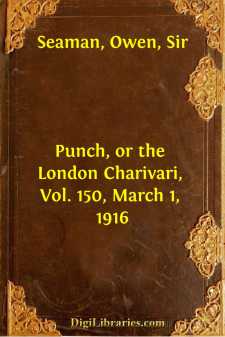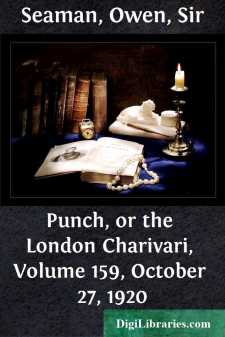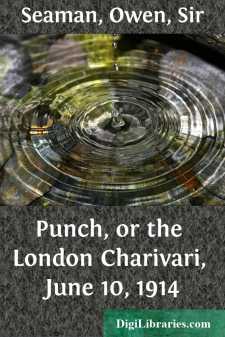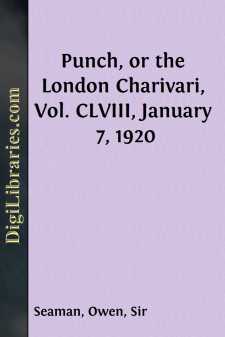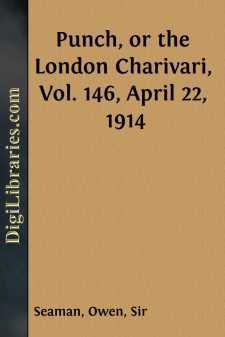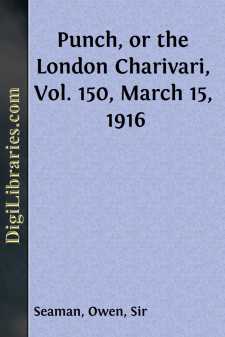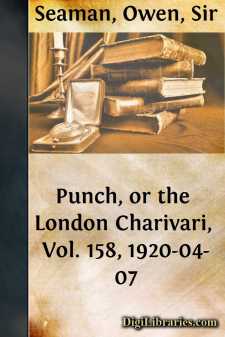Categories
- Antiques & Collectibles 13
- Architecture 36
- Art 48
- Bibles 22
- Biography & Autobiography 815
- Body, Mind & Spirit 144
- Business & Economics 28
- Children's Books 18
- Children's Fiction 14
- Computers 4
- Cooking 94
- Crafts & Hobbies 4
- Drama 346
- Education 58
- Family & Relationships 59
- Fiction 11835
- Games 19
- Gardening 17
- Health & Fitness 34
- History 1378
- House & Home 1
- Humor 147
- Juvenile Fiction 1873
- Juvenile Nonfiction 202
- Language Arts & Disciplines 89
- Law 16
- Literary Collections 686
- Literary Criticism 179
- Mathematics 13
- Medical 41
- Music 40
- Nature 180
- Non-Classifiable 1768
- Performing Arts 7
- Periodicals 1453
- Philosophy 65
- Photography 2
- Poetry 896
- Political Science 203
- Psychology 44
- Reference 154
- Religion 515
- Science 126
- Self-Help 85
- Social Science 83
- Sports & Recreation 34
- Study Aids 3
- Technology & Engineering 60
- Transportation 23
- Travel 463
- True Crime 29
Our website is made possible by displaying online advertisements to our visitors.
Please consider supporting us by disabling your ad blocker.
Punch, or the London Charivari, July 1, 1914
by: Owen Seaman
Categories:
Description:
Excerpt
PROGRESS.
["Giving evidence recently before a Select Committee of the House of Commons, Miss C. E. Collet, of the Home Office, said the commercial laundry was killing the small hand laundry."—Evening News.]
The little crafts! How soon they die!
In cottage doors no shuttle clicks;
The hand-loom has been ousted by
A large concern with lots more sticks.
The throb of pistons beats around;
Great chimneys rise on Thames's banks;
The same phenomena are found
In Sheffield. (Yorks) and Oldham (Lancs).
No longer now the housewife makes
Her rare preserves, for what's the good?
The factory round the corner fakes
Raspberry jam with chips of wood.
'Tis so with what we eat and wear,
Our bread, the boots wherein we splosh
'Tis so with what I deemed most fair,
Most virginal of all—the Wash.
'Tis this that chiefly, when I chant,
Fulfils my breast with sighs of ruth,
To think that engines can supplant
The Amazons I loved in youth.
That not with tender care, as erst
By spinster females fancy-free,
These button-holes of mine get burst
Before the shift comes back to me;
That mere machines, and not a maid
With fingers fatuously plied,
The collars and the cuffs have frayed
That still excoriate my hide;
That steam reduces to such states
What once was marred by human skill;
That socks are sundered from their mates
By means of an electric mill;
That not by Cupid's coy advance
(Some crone conniving at the fraud),
But simply by mechanic chance,
I get this handkerchief marked "Maud."
This is, indeed, a striking change;
I sometimes wonder if the world
Gets better as the skies grow strange
With coils of smoke about them curled.
If the old days were not the best
Ere printed formulas conveyed
Sorrow about that silken vest
For all eternity mislaid;
Ere yet the unwieldy motor-van
Came clattering round the kerbstone's brink,
Its driver dreaming some new plan
To make my mauve pyjamas shrink.
Evoe.
There are warm days in London when even a window-box fails to charm, and one longs for the more open spaces of the country. Besides, one wants to see how the other flowers are getting on. It is on these days that we travel to our Castle of Stopes; as the crow flies, fifteen miles away. Indeed, that is the way we get to it, for it is a castle in the air. And when we are come to it Celia is always in a pink sun-bonnet gathering roses lovingly, and I, not very far off, am speaking strongly to somebody or other about something I want done. By-and-by I shall go into the library and work ... with an occasional glance through the open window at Celia.
To think that a month ago we were quite happy with a few pink geraniums!
Sunday, a month ago, was hot. "Let's take train somewhere," said Celia, "and have lunch under a hedge."
"I know a lovely place for hedges," I said.
"I know a lovely tin of potted grouse," said Celia, and she went off to cut some sandwiches. By twelve o'clock we were getting out of the train.
The first thing we came to was a golf course, and Celia had to drag me past it....




